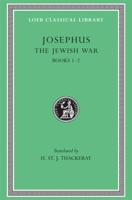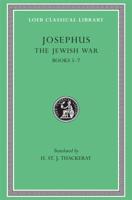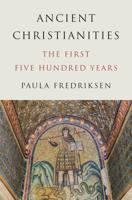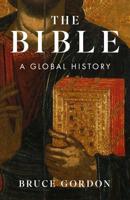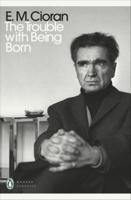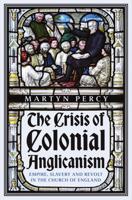Publisher's Synopsis
Relations between Hindus and Muslims are a matter of vital concern in contemporary India. Analysis of the relations between Islam and Hinduism, frequently reduced to stereotypes, is not always accompanied by a thorough consideration of the complexity of the mutual relations of attraction and repulsion which the people of the Book' and various Hindu castes have maintained for more than a thousand years. Having evoked the historical and social circumstances of the implantation of Islam in South Asia, the author presents the situation of Muslims in Karnataka, where the dynamics of the cultural forms of pair alterity/identity has seldom been studied. In the framework of an anthropological investigation conducted in the region over a period of several years, the complexity of interactions between Hindus and Muslims fully emerges. Their relations are explored in the village and in the urban milleu, among saints cum-healers or during ceremonies of fakirs, across hybrid cults or within the individual community, in daily life as well as on the occasion of festivals. Finally, the socio-historical study of the rise to prominence of the inter-communitarian conflict in a town of average size reveals how the demarcation of new boundaries, which are nevertheless secular, today heightens a communitarian exclusivism which extends to the core of collective memories. Thus, local knowledge casts light on the destiny of the subcontinent, at the same time as it offers possibilities of comparison.


